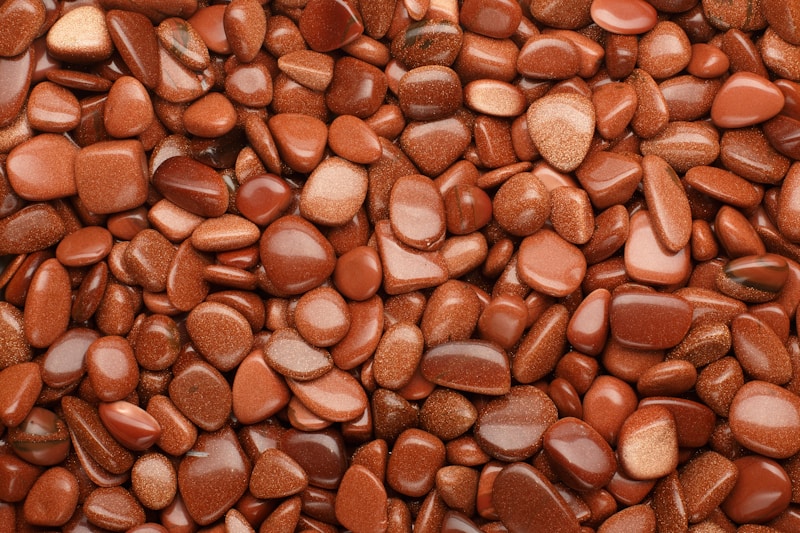Eating seasonally in the winter is important for your health and the environment. During this winter season nature produces food that contains the exact nutrients that your body requires for this time. By listening to what your body needs and eating accordingly, you will be able to protect yourself against the lethargy that often comes with winter.
From the New Year until the official end of winter on March 20th, you have a new opportunity to start fresh and improve your health and energy levels.
Winter is known as a particularly risky time to contracts coughs and colds. The increased exposure to germs from more time spent in enclosed spaces and increased use of heaters doesn’t help. Reduced sunshine and lower temperatures only add to the effect. All of this means that you are more prone to a dryer respiratory system, which makes you more susceptible to illness.
An impaired immune systems will also result in you feeling lethargic and drowsy, which brings your mood down. Yet it’s not all doom and gloom! The good news is that there are plenty of ways to adjust your food and drink intake to make sure you’re healthy in winter.
How To Keep Healthy In Winter
The best way to do this is to boost your immune system naturally and power your body with nutritionally-dense foods.
During winter months we tend to naturally crave richer, warmer and heavier foods. Due to the weather conditions, there are fewer fresh fruits and vegetables available, and we tend to consume more cooked foods, teas and soups to maintain our body temperature.
Within this context it’s easy to fall for sugary drinks and snacks, yet keeping consumption to a minimum will help you feel good. To avoid these cravings it is crucial to balance your diet and include seasonal produce.
Small changes are all that’s required – check these six foods that you can cut out of your diet, and see which healthier ones you can replace them with to improve your health:
6 Healthy Food Choices For Winter
Cut Out: Hot Sugary Drinks
Caramel lattes, mochas, hot chocolates, hot mulled fruits and chais from your usual coffee shop are all shockingly high in sugar. Most of these drinks can contain up to 25 teaspoons of refined sugar! These are one of the most common temptations you can encounter. They are also one of the greatest diet mistakes you can make during the winter months. They have high amount of sugar and a lack of nutritious input for our bodies. These drinks will spike your blood glucose level and then bring it crashing down. You’ll feel sleepy and groggy after drinking them and you’ll be hungrier sooner than you expect. This could result in you eating more than your body needs.
Go For: Hot Cocoa
You can still retain the enjoyment and warm comfort of a hot drink by going for pure cocoa powder. Adding a few tablespoons with a dash of cinnamon and ginger to a hot cup of almond milk means you’ll get a protein-balanced drink. You’ll also receive the anti-inflammatory benefits of ginger and the glucose-absorption properties of cinnamon. Cheers!
Cut Out: Pastries and Pies
A slice of warm pie and other tempting pastries seem to be an unavoidable temptation that pops up everywhere you go this season. Avoid these type of cravings and enjoy something that nourishes you and also satisfies your palette by opting for root-vegetables.
Go For: Root Vegetables
Sweet potatoes are a healthy alternative rich in fibre that digest gradually, giving you a steady source of energy. You can boil them, bake them or even place them in the microwave for a few minutes until they are tender. Add pieces of pineapple for extra sweetness, almonds for some protein and a dash of cinnamon for extra flavour.
Cut Out: Unseasonal Fruit and Vegetables
Exotic and unseasonal fruit that has travelled a long way to get to your table. They not only increase your carbon footprint but it is also more likely to contain fewer nutrients due to its extended exposure to travel.
Nature also provides you with the specific nutrients your body needs according to each season. Going against this could make you nutrient deficient, making you more susceptible to winter sickness.
Go For: Seasonal Fruit and Vegetables
During the winter months bite into apples, blood oranges, clementines and lemons. Also, oranges, passion fruit, pears and pineapple. You could try pomegranate, satsumas and tangerines. Vegetables with high content Vitamin C cruciferous vegetables such as broccoli and cauliflower are associated with enhanced immune function.
Other vegetables that are abundant this season and that contain the nutrients that you need are: beetroot, Brussel sprouts, cauliflower and celeriac. Also try celery, chicory, horseradish and Jerusalem artichoke. Other foods include kale, kohlrabi, leeks, parsnips and potatoes. Finally try salsify, shallots, swede, truffles and turnips.
Check out this seasonal calendar to find out what type of fruits and vegetables are at their best when you go grocery shopping.
Cut Out: Creamy Soups
Creams contain a high amount of saturated fats and are usually high in sodium. This combination can make you feel heavy and drowsy.
Go For: Plain Soups
Choosing a soup over a vegetable cream can give you nourishment but also a steady level of energy to keep you mood up through the cold months. All of the seasonal vegetables can be a great addition to a hot soup with lemon and chilli for an extra touch of vitamin C.
Cut Out: Salad In A Bag
Since it is not the season for lettuce and other typical greens you may find in your usual packed salad. The nutrient content in these foods tends to be lower. As a consequence you may be obtaining a lower nutrient density in your salads.
Go For: Kale
Kale is one of the freshest types of produce you will find during this season. It’s packed with nutrients such as iron and vitamin B complex. You can add it to your salad, as a side or to your soup.
To sum up, in order to keep your energy levels up, avoid winter colds and still enjoy delicious foods. Try to replace high sugary and fatty foods for less processed alternatives. Taking the time to find out what is in season and eating accordingly, will greatly benefit your body. You’ll receive all the nutrients, minerals and trace elements that your body needs at this time of the year. The environment will also benefit from you eating seasonally. So why don’t you give it a try? We’d love to hear how you get on!











